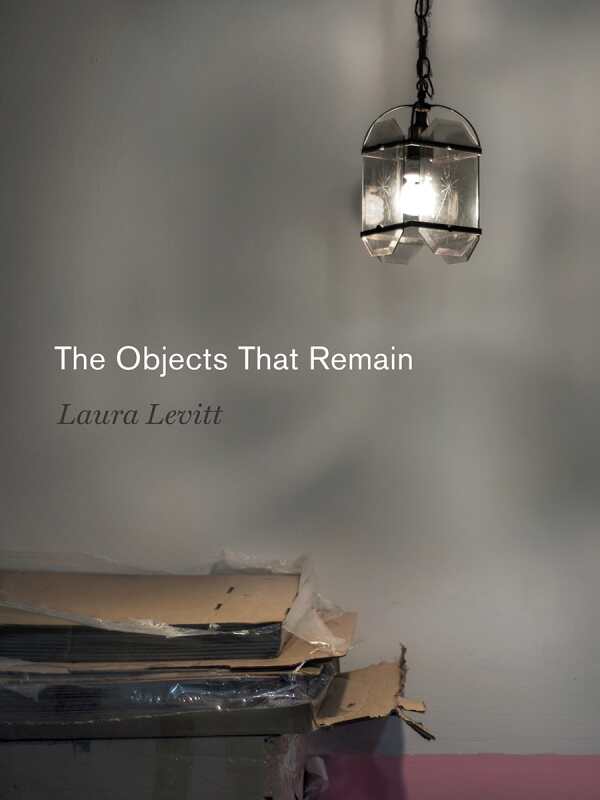The Objects That Remain
Garments as holy relics, crime scene evidence, and archives that signal absent bodies: in Laura Levitt’s eloquent, moving, meditative book The Objects That Remain, things stand in for human witnesses to trauma.
Years after being raped, Levitt encountered Maggie Nelson’s The Red Parts, a memoir about Nelson’s aunt’s murder and trial. This inspired Levitt to reconsider her own cold case, from which her rape kit and clothing disappeared, and the rapist who eluded justice. This book is the result—a scholar’s aching, concentric rumination on loss, in which writing through the aftermath leads to insights on letting go and holding on.
From a Holocaust prison uniform to the “porphyrion of God,” textiles inspire reflections on collective memories and judgment. Fragments from Levitt’s case file, retrieved from the police, and her memories intersperse with close readings of ceramicist Edmund de Waal’s The Hare with Amber Eyes. Through his memoir, Levitt discovers that stories, like objects, can be worn and reshaped, and that they possess a luminous realness.
Austere sections concern how evidence moves through police property rooms; these weigh what it means to hold things in custody. Later passages on conservation in the United States Holocaust Memorial Museum expand on such ideas, layering the intimacy of personal artifacts, like hair from Auschwitz, with questions of responsibility and the impossibility for remnants to approximate a trauma’s entirety. A return to the house where Levitt was raped concludes the book.
Levitt’s surprising, analogous approach combines art, photography, history, Bible verses, and literary influences to try and understand the holes left by a crime. By revealing doubts and her own rethinking over time, the book lays bare the process of its own making. The Objects That Remain fuses passionate research with piercing inquiry, finding peace within ambiguity.
Reviewed by
Karen Rigby
Disclosure: This article is not an endorsement, but a review. The publisher of this book provided free copies of the book to have their book reviewed by a professional reviewer. No fee was paid by the publisher for this review. Foreword Reviews only recommends books that we love. Foreword Magazine, Inc. is disclosing this in accordance with the Federal Trade Commission’s 16 CFR, Part 255.

